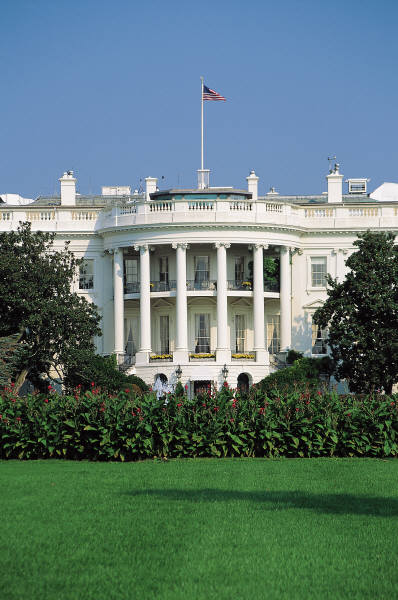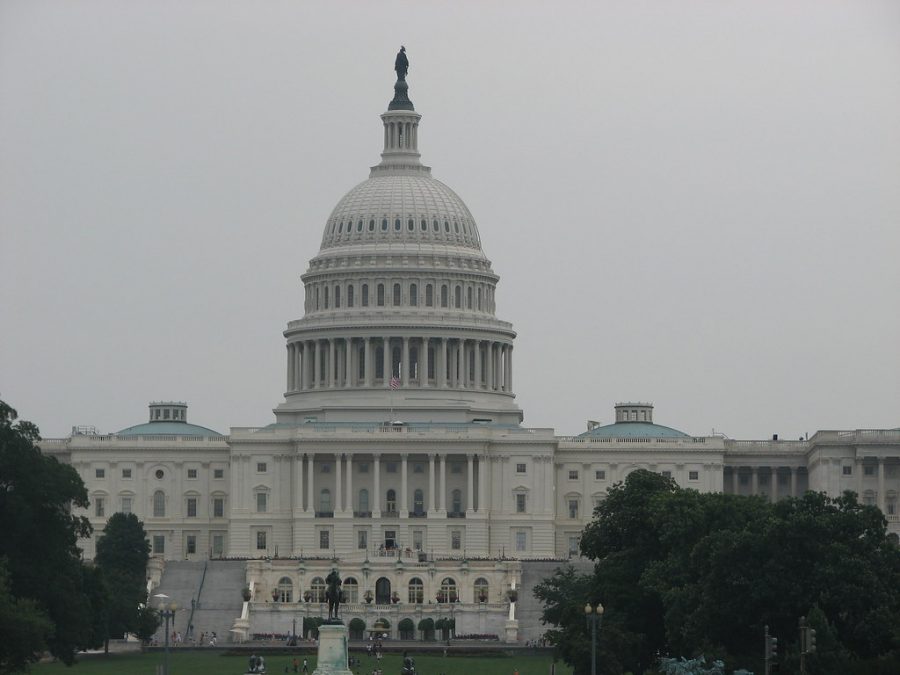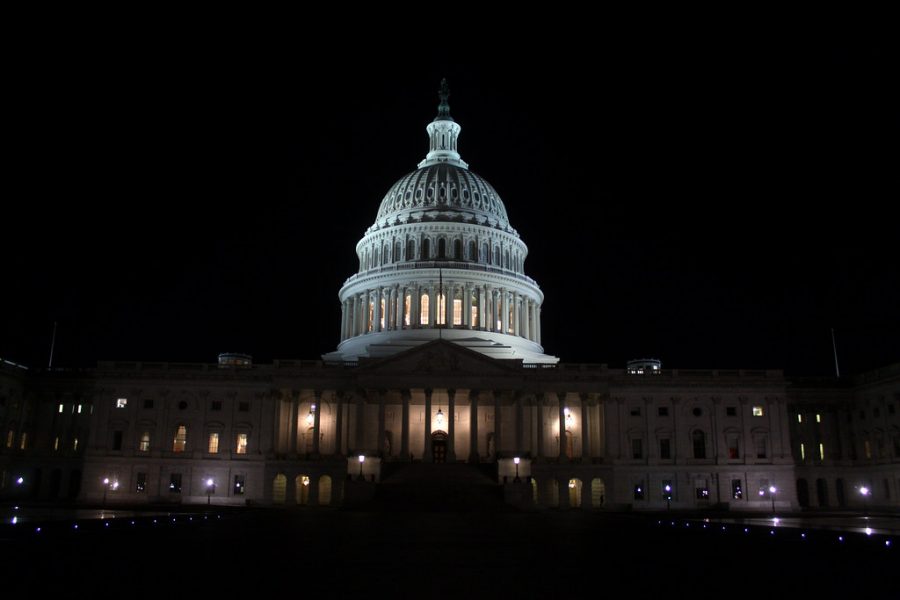
In recent weeks, the communist nation of North Korea has begun to engage increasingly in brinksmanship with its neighbor, South Korea, as well as the United States. The recent demonstrations of North Korean aggression under the direction of the North’s young new leader, Kim Jong-un, are likely a front meant to bolster Mr. Kim in light of a failed nuclear test in February and also in the face of South Korea’s recent election of president Park Geun-hye. Nonetheless, South Korea and the United States alike take these threats very seriously and have in recent weeks organized their militaries in order to be prepared for an attack from North Korea on South Korea, with whom the North technically remains at war.
Appearing on the popular NBC television show, “Meet the Press,” former New Mexico Governor and U.S. Ambassador to the United Nations Bill Richardson, who is often considered something of an expert on North Korean politics, noted that Mr. Kim is largely playing to three groups: the North Korean military, with whom he is trying to establish some sense of respect, the North Korean people, with whom he considered himself in poor favor after a failed missile test in February, and the South Korean government, which just underwent a major transition of power with the election of a new presidentr. Ultimately though, Richardson remarked that “every five years or so when a new South Korean president comes in, North Korea does a provocative act so the issue is what do we do about it. I think what we’ve done in terms of the military posture, the stealth activity makes sense but I think eventually there’s going to have to be some diplomacy.”
Regardless, the acts of aggression perpetrated by North Korea in recent months have been alarming. Following a failed nuclear test in February, the United States and China banded together to support tighter sanctions on North Korea, and further, the South staged military drills in an effort to deter the North. Shortly thereafter, a report in The New York Times cited evidence from Chinese citizens and government officials alike that suggested that China’s relationship with North Korea, a nation long considered to be North Korea’s singular and strongest ally, was souring over North Korean belligerence. These collective efforts seem to have backfired though, as the North subsequently announced that it would be going forward with a nuclear weapons test in March. The harsh rhetoric has subsequently increased from both sides, with the United States and South Korea performing joint military drills and warning the North against any further military activities, while the North has released propaganda videos quite unreservedly threatening the United States, with one video depicting the White House in crosshairs and another depicting the Capitol Dome being obliterated.
Although the United States is not necessarily at risk given the limited range of North Korea’s missiles, the South is certainly at risk and quite tense given the proximity of major metropolitan areas to the North, particularly Seoul, the nation’s capital. In terms of aggression against South Korea, the North has certainly ramped up pressure on its neighbor, particularly through the nullification of the 1953 armistice between the North and the South on March 12. More recently, the North severed ties to the South in the form of military hotlines and factories operated jointly near the North-South border.
Above all, North Korea has effectively thrust all of Eastern Asia in to high alert. Regardless of whether or not the North goes to war with South Korea, and by association, the United States, the North’s actions will certainly serve as a detriment in the future in terms of diplomacy, which it must often resort to in order to augment food shortages that frequently plague the country. Moreover, North Korea has only further soured its relationships with China, South Korea, and Japan (which it threatened given the presence of U.S. military bases in the island nation). In recent weeks as North Korea’s belligerence has increased, it’s ally China has been largely silent, given the fact that it is against the staging of U.S. military drills in lieu of sanctions. However, as Bill Richardson noted in closing, “They’re very difficult but I think we need a new negotiating track and I think the key is going to be the United States and China.”













